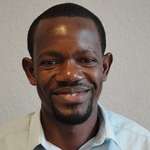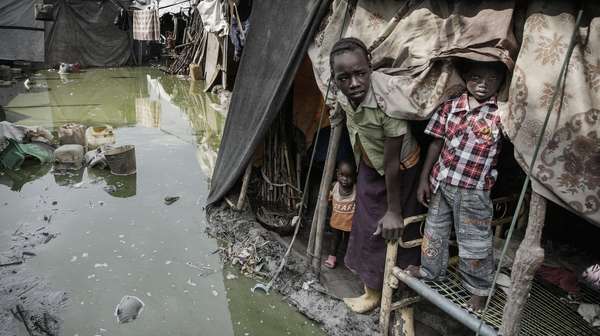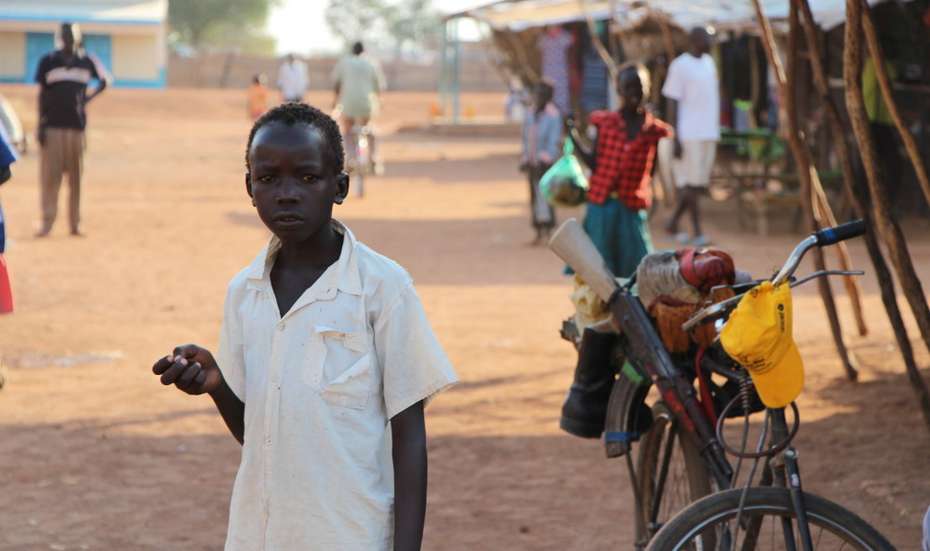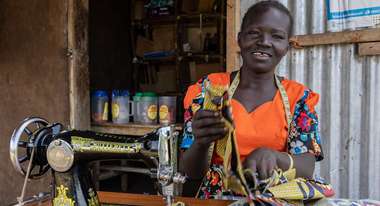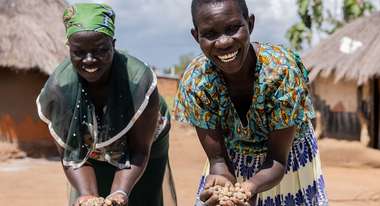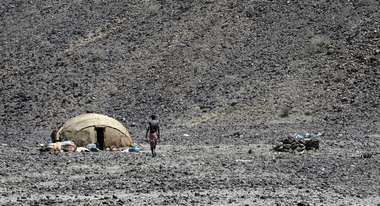Don't Give up Hope for South Sudan
The situation in South Sudan can hardly get any worse, especially for refugees in neighbouring countries. In this serious situation journalist Nashion Joseph Nicholas Modir pleads: "Do not lose hope for South Sudan."
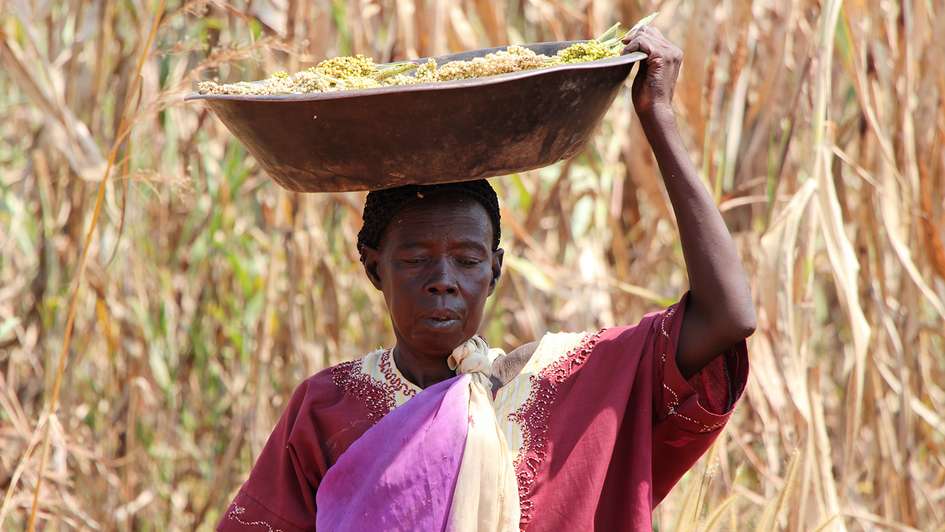
I was told that many people in Germany believe South Sudan to be a lost cause. And it is true: The situation could hardly be worse, especially for the innocent and hungering people that became stranded in the refugee camps of our neighbouring countries in search of peace and security. The violent struggle between the army of President Salva Kiir and the forces of his former Vice President Dr. Riek Machar, which erupted in the capital city of Juba in 2013, quickly spread throughout the entire country. Today, there are about 6 to 8 rebel groups fighting each other for reasons long forgotten.
It is neither my desire or responsibility nor that of my starving fellow citizens. It is the thirst for power of a few individuals.
Nashion Joseph Nicholas ModirmiGermany has supported our young nation from the first day of its independence to the current times of civil war in a variety of ways. I would like to thank everyone who is supporting us and at the same time issue the appeal: Do not lose hope for South Sudan! That is my plea, for everything currently happening in South Sudan is neither my desire or responsibility nor that of my starving fellow citizens. It is the thirst for power of a few individuals.
An Egotistical Power Struggle with Catastrophic Consequences
Despite the recent peace talks, the conflict in South Sudan does not appear to be ending soon. All of the regional bodies that play significant roles in the peace process are pursuing their own interests. One of the largest problems is doubtlessly that the leaders, in their egotistical power struggle, accept and even approve of their people dying – from hunger but also from the widespread human rights violations being committed in equal measure by the government and opposing forces.
No signed agreement has been observed. None of the parties is respecting the peace agreement. In fact, everything in South Sudan is so fragile because implementation is a huge problem. Internally, we are being destroyed by tribalism, ignorance, poor leadership and inequality. We could come to grips with unemployment and corruption ourselves if we had a government that felt responsible for the welfare of the people and the nation. That is what we need: A political leadership with the will to develop our country further.
Invest in Visible Projects!
I know that we have been dependent on foreign support for years due to the ongoing war and that we will continue to need the same to make additional progress. You, as a prosperous industrial nation, are called upon: Invest in visible projects, such as building training centres, elementary schools, universities for teachers and health centres. This would deter many from leaving the country in search of better living conditions. Expanding infrastructure is another way to help the nascent South Sudan.
Background: Journalists from 11 African Countries in Germany
The topic of “Partnership with Africa” was the focus of the German G20 presidency. The taz Panter Stiftung, a foundation for journalism and civil rights, used this as an opportunity for a new project in their workshop series “For Independent Journalism – not just with Us.” During a one-week workshop from June 22 to June 28, the taz Panter Stiftung organised meetings between African journalists and German government representatives, scientists and civil society representatives. The conferences address the African societies directly, but negotiations between their governments and the European Union (EU) are often barely comprehensible, even to them. The fewest African media organisations can afford correspondents in Europe. The governments of many African EU partner states do not act transparently, and rights of access to information for the press are often non-existent. Welthungerhilfe supported the workshop by covering air travel expenses for Nashion Joseph Nicolas Modir from South Sudan.




